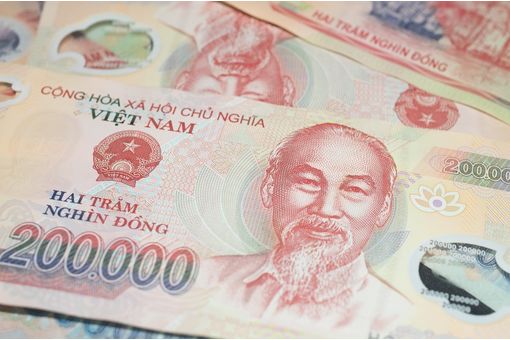Cheap fashion is exploitation - Ethical Clothing Australia
So what role did retailers who source from overseas play in this tragedy? Is there a price to pay for cheap fashion? How can anyone sell a pair of jeans for less than what it cost 10 or even 20 years ago?
Well the answer is it’s not efficiency,its exploitation. That is the exploitation of vulnerable garment workers in developing countries. This is not just in Bangladesh but the use of sweatshop labour is systemic throughout Asia and in most developing countries where clothes are made.
The question responsible clothing retailers should be asking is how we prevent another tragedy, such as that in Bangladesh, happening again. For Australian retailers and designers the answer is ethical supply chain management or ethical sourcing. The question then is doing it locally or do you source from overseas.
Key elements to ethical sourcing
While ECA doesn't accredit businesses who manufacture outside Australia there are still important lessons that can be learnt for those businesses sourcing globally. For any business it is important to build and maintain a good relationship with any supplier,based on an understanding that they will need operate to an agreed ethical standard as a minimum.
In return you need make sure that the way you run your business reinforces the values you expect from your suppliers. That includes ensuring suppliers are paid well and given sufficient time to do the job properly. No one can plan for every eventuality but treating your supplier badly isn't going to help.
Supply chain management is an important part of any business including those in the TCF industry. Ethical Clothing Australia works with a wide range of brands and manufacturers, including many small businesses, to ensure they understand and comply with current legislation and assisting designers and retailers in managing the risks to their business. By helping business understand and comply with the law ECA can help reduce risks and enhance their reputation as a socially responsible business.
Risk management becomes even more critical when operating in overseas and particularly in a developing country where labour standards and health & safety are far below what is expected in countries like Australia.
For example in Bangladesh trade unions are unable to operate freely, regulatory agencies are under resourced (e.g. less than 20 inspectors to cover more than 10,000 factories or places of work) and governments are often unwilling to enforce decent wages and conditions for fear of driving away foreign investment. But ultimately no one wins in a ‘race to the bottom’ in wages and labour standards.
In terms of ethical standards and codes of practice there are at least 4 key elements that ECA rely on. Firstly ECA takes a multi-stakeholder approach that includes individual business, employer representatives and trade unions. Secondly there is a focus on making sure the supply chain is transparent. Thirdly there is independent monitoring of the supply chain by trade union representatives rather than company appointed auditors.Finally, in Australia there are strong and enforceable laws that protect workers healthy and safety and pay and conditions
































-Ltd..jpg?tr=w-120,h-60,c-at_max,cm-pad_resize,bg-ffffff)





.jpg?tr=w-120,h-60,c-at_max,cm-pad_resize,bg-ffffff)
.jpg?tr=w-120,h-60,c-at_max,cm-pad_resize,bg-ffffff)






